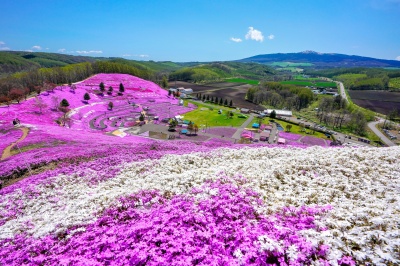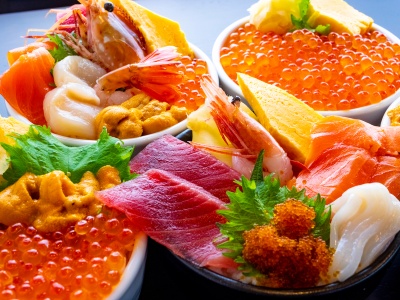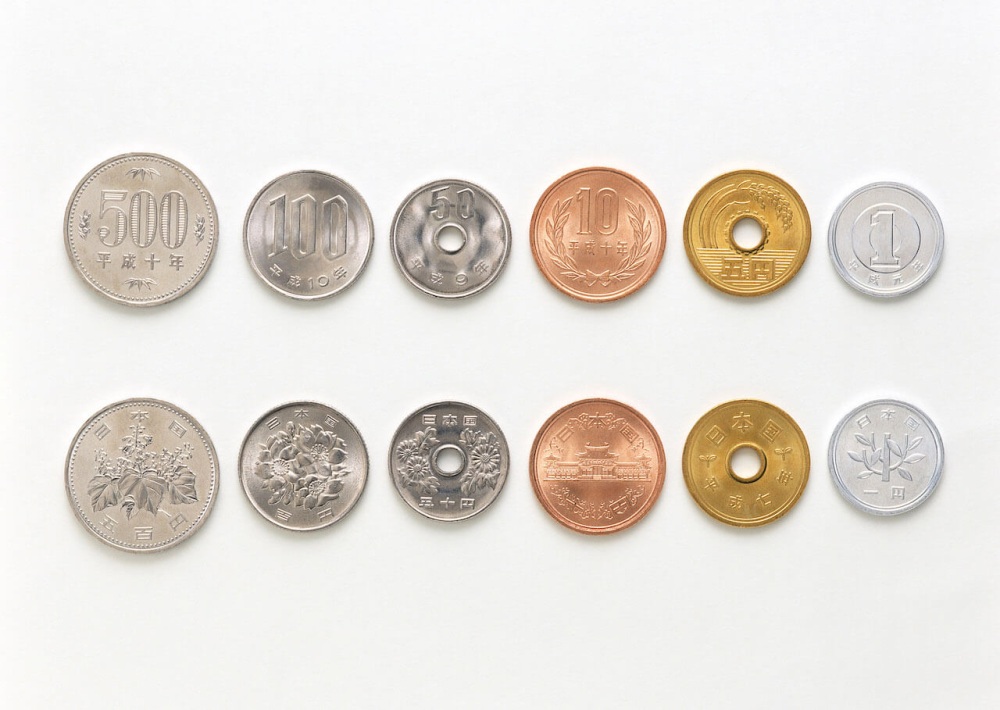Practical Information

- * Please note that the text shown on this page includes machine translations.
Money
The currency used throughout the country of Japan is the Yen (¥). There are four kinds of bills and six kinds of coins: 1,000 yen, 2,000 yen, 5,000 yen, and 10,000 yen bills and 1 yen, 5 yen, 10 yen, 50 yen, 100 yen, and 500 yen coins.
In general, ticket vending machines at train or subway stations accept up to 10,000 yen bills, while beverage vending machines will not. It is also worth noting that 1 yen and 5 yen coins cannot be used for any type of vending machine.
Currency exchange counters exist in all major airports throughout Japan, including the New Chitose Airport in Hokkaido. Many hotels and train stations also have currency exchange services or digital machines that visitors can use. In most major cities, tourists should be able to find a currency exchange provider if they are unable to withdraw money from one of the numerous international ATMs available.
While traveling around Hokkaido, cash may be more convenient than credit cards. Although credit cards are widely accepted in cities, small retailers or guesthouses may not accept them. The same goes for restaurants or souvenir shops in rural areas. It is highly recommended to carry some cash with you so you won’t miss out on a chance to shop.
In Japan, sales tax is 10% on all goods and services except for food and drink, which are 8% (alcohol and restaurants do not apply to this lower tax rate). The prices on restaurant menus are typically tax-inclusive, but the prices on most retail goods are not.
Tipping is not a custom in Japan, so don’t worry about tipping the service staff or drivers you come in contact with. Instead, a 10 – 15% service charge is normally added to bills at higher-end hotels and restaurants.
Electronics
The voltage and the frequency of the power supply in Japan is 100, 50/60 Hz. Two-pronged electrical outlets are widely used, so when charging electronics at your accommodations, make sure to use a two-prong device or purchase an adaptor.Wi-Fi is widely available in most major cities, and many chain restaurants, cafes, and convenience stores offer free Wi-Fi. Hotels, hostels, and ryokan also offer free Wi-Fi to their guests, and some may provide shared computers in the lobby or common spaces. If your budget permits, mobile hotspot devices and temporary sim cards are available for purchase or rental at airports.
Conveniences
Convenience stores throughout Japan sell a wide range of products, from concert tickets to bottled water. Most are open late or 24 hours a day. Courier delivery services, ATMs, and printing services are also available at convenience stores.
The postal service is a well respected and highly developed institution in Japan. Visitors can buy stamps and postcards, ship international packages, and use international ATMs to withdraw money.
For Emergencies
The emergency phone numbers in Japan are 110 (the police) and 119 (emergency services like ambulance and firefighting). At the Consultation Center of Hokkaido Prefectural Police Headquarters, there are police officers who are fluent in English, Russian, Mandarin, and Korean. Based on the requests from each police station, they engage in foreign language services, including interpretation and translation.
Consulate General of Korea (Republic) in Sapporo
+81 11 218 0288
12 Chome-1-4 Kita 2 Jonishi, Chuo Ward, Sapporo, Hokkaido 060-0002
https://overseas.mofa.go.kr/jp-sapporo-ko/index.do
Consulate General of the People’s Republic of China in Sapporo
+81 11 563 5563
23 Chome-5-1 Minami 13 Jonishi, Chuo Ward, Sapporo, Hokkaido 064-0913
http://sapporo.china-consulate.gov.cn/jpn/
Consulate General of Russia in Sapporo
+81 11 561 3171
12 Chome-2-5 Minami 14 Jonishi, Chuo Ward, Sapporo, Hokkaido 064-0914
U.S Consulate General in Sapporo
+81 11 641 1115
3, Chuo Ward, Sapporo, Hokkaido 060-0001
Useful information during your stay
This is a tool by which you can communicate through pointing in case of a natural disaster, such as an earthquake. Please download or copy this and carry it with you.
Ranking of popular articles
- Practical Information

- https://www.visit-hokkaido.jp/en/feature/practical_information/
- Hokkaido Spring Travel Guide

- https://www.visit-hokkaido.jp/en/feature/travelguide_spring
- Hokkaido Summer Travel Guide

- https://www.visit-hokkaido.jp/en/feature/travelguide_summer
- Where & What To Eat in Hokkaido: 6 Must-Try Local Foods

- https://www.visit-hokkaido.jp/en/feature/where-what-to-eat-in-hokkaido-must-try-local-foods
- Best Places to View Flowers in Hokkaido vol. 1

- https://www.visit-hokkaido.jp/en/feature/best-places-to-view-flowers-in-hokkaido-vol-1
